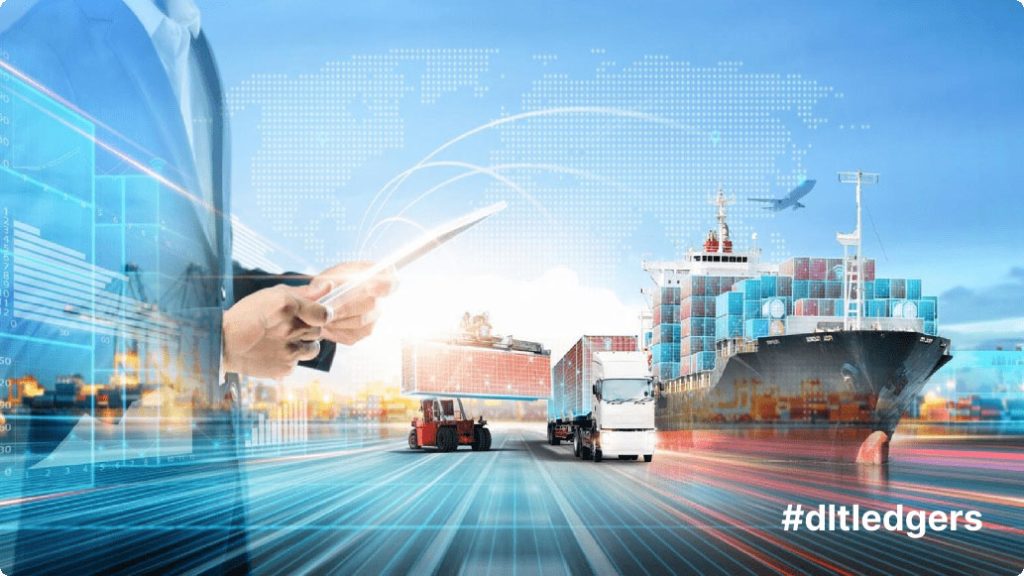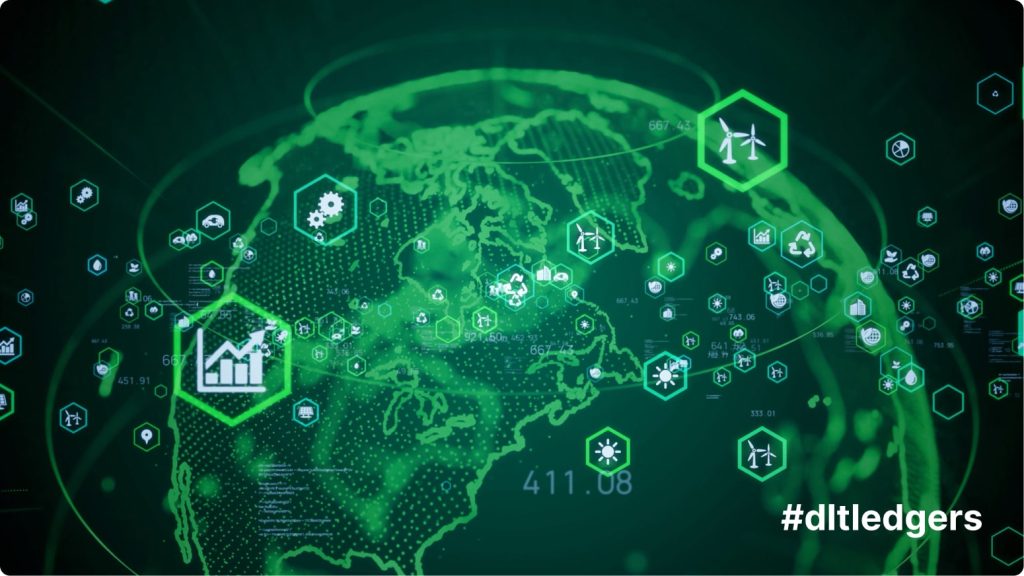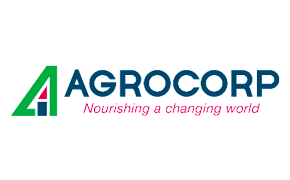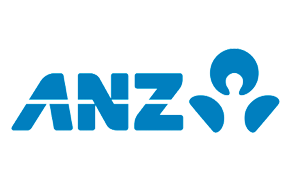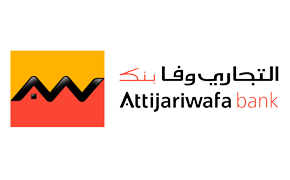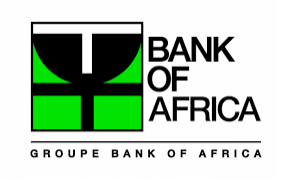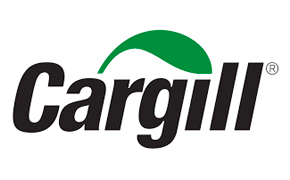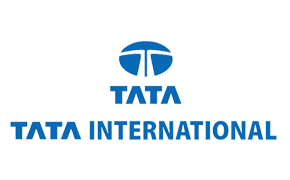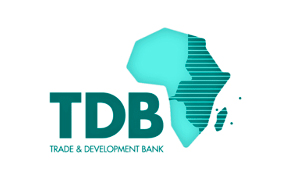
Embracing Blockchain in Sustainable Supply Chain Management
The integration of blockchain technology into existing supply chains represents a significant step toward modernizing and securing global trade networks. However, it’s not just about improving efficiency and transparency; it’s also a crucial step towards Sustainable Supply Chain Management (SSCM). This technology’s potential to streamline processes and ensure responsible sourcing practices makes it an invaluable asset for companies aiming to achieve sustainability in their operations.
Preparing for Blockchain Integration
The first stage in this journey involves a critical assessment of the current supply chain. Assessing current supply chain processes for potential blockchain integration involves understanding environmental impacts and sustainability goals. This preparation is key to ensuring that the blockchain implementation aligns with broader SSCM objectives.
Companies also need to evaluate their technological infrastructure and ensure that they have the necessary resources, including skilled personnel, to embark on this technological upgrade.
Blockchain Implementation Roadmap
Step 1: Set Sustainability-Focused Objectives
Defining clear objectives for blockchain implementation is essential. It involves determining specific areas within the supply chain where blockchain can be most beneficial. When defining objectives for blockchain implementation, emphasize sustainability goals. This might include reducing carbon emissions, ensuring ethical labor practices, or promoting eco-friendly sourcing.
Step 2: Evaluate and Select a Blockchain Platform
Choosing the right blockchain platform is vital for successful integration. Platforms like #dltledgers Proteus offer a low-code, blockchain-based, multi-party application development platform for Multi-Enterprise Collaborative Network (MCN), making them ideal for industrial supply chains. When selecting a platform, factors like transaction speed, data handling capacity, and compatibility with existing systems should be considered.
Step 3: Pilot Test with a Sustainability Lens
Conduct pilot testing of the blockchain solution in order to gauge the effectiveness of the solution in a controlled environment. Focus on how it enhances sustainability aspects of the supply chain. Engage stakeholders who are pivotal in driving SSCM; this is crucial for garnering support and ensuring smooth integration.
Step 4: Integrate with Current Operations
The integration phase involves embedding the blockchain solution into the existing supply chain infrastructure. This step must be executed with precision to ensure minimal disruption to ongoing operations. Platforms like Proteus facilitate this integration by offering customizable solutions on its App Hub that can adapt to various business environments, as well as pre-built blockchain solutions that are natively integrated with all versions of the SAP platform.
Step 5: Scale the Use of Blockchain for Broader SSCM Impact
After a successful pilot, the next step is to scale the solution. Scale the blockchain solution across the supply chain, focusing on areas that significantly impact sustainability. Utilize the solution to monitor and improve sustainable practices.
Overcoming Challenges, Monitoring, and Continuous Improvement
Implementing blockchain technology is not devoid of challenges. It involves navigating data privacy concerns, managing the costs associated with technological upgrades, and overcoming resistance to change.
Post-implementation, it’s crucial to establish metrics for monitoring the performance of the blockchain system and how it’s contributing to SSCM. Use data to drive continuous improvement in sustainable practices.
The Future of Blockchain in Sustainable Supply Chain Management
The implementation of blockchain technology in supply chains signifies a move towards more sustainable, efficient, transparent, and secure global trade practices. As blockchain technology continues to mature, its role in enabling sustainable, transparent, and efficient supply chains is expected to expand, offering more robust solutions for complex supply chain challenges.
The journey towards a blockchain-integrated supply chain is one of innovation, adaptation, and continuous improvement. For companies willing to embark on this journey, the rewards are substantial. A blockchain-enabled supply chain is not just about staying ahead in technology; it’s about leading in a world that values transparency, efficiency, and sustainability.
Interested in using blockchain technology to implement a transparent and truly sustainable supply chain? Reach out to #dltledgers for a demo, or check out our ready-to-deploy blockchain powered solutions on The App Hub.
